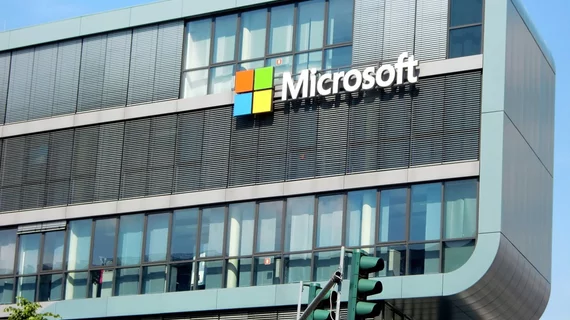Regulators clear final hurdle in Microsoft’s $19.7B acquisition of Nuance Communications
A watchdog tasked with ensuring healthy business competition in the U.K. has approved Microsoft’s acquisition of Nuance Communication’s, paving the way for the $19.7 billion deal’s completion.
The Competition and Markets Authority announced its decision Wednesday, charging that the merger will not allow Microsoft to monopolize the healthcare market. It follows similar determinations from the European Commission and U.S. antitrust regulators.
“Based on the available evidence, the CMA does not believe that the merged entity would have the ability to foreclose Microsoft’s rivals,” the authority said in its March 2 decision. “In particular, the CMA considers that the merged entity would not be able to foreclose rivals by bundling patient administration tools, patient engagement tools, or remote healthcare tools with healthcare transcription software.”
Microsoft first announced plans to buy Burlington, Massachusetts-based Nuance in April 2021, hoping to broaden its reach in healthcare and artificial intelligence. Nuance’s technology is currently used by 55% of all physicians in the country, 75% of radiologists, and 77% of all U.S. hospitals. Acquiring the company will double Microsoft’s total addressable market in the provider space, climbing to nearly $500 billion, officials said at the time. This would mark the second largest acquisition in Microsoft’s history behind only its $26.2 billion purchase of LinkedIn in 2016.
Nuance officials indicated in a recent corporate earnings announcement that they expect the deal to close by the end of March.

